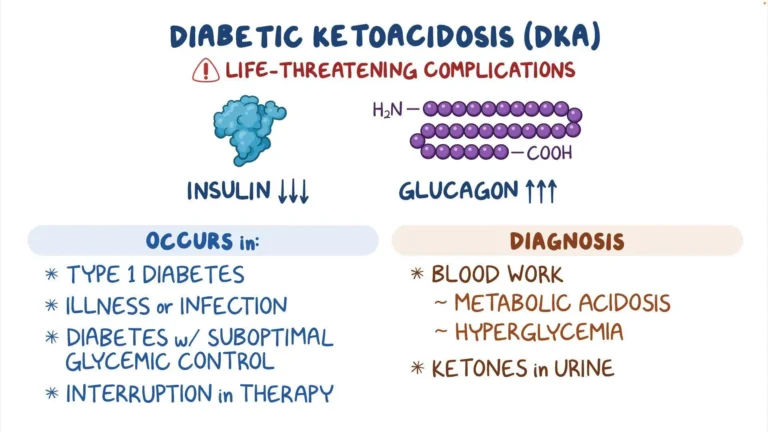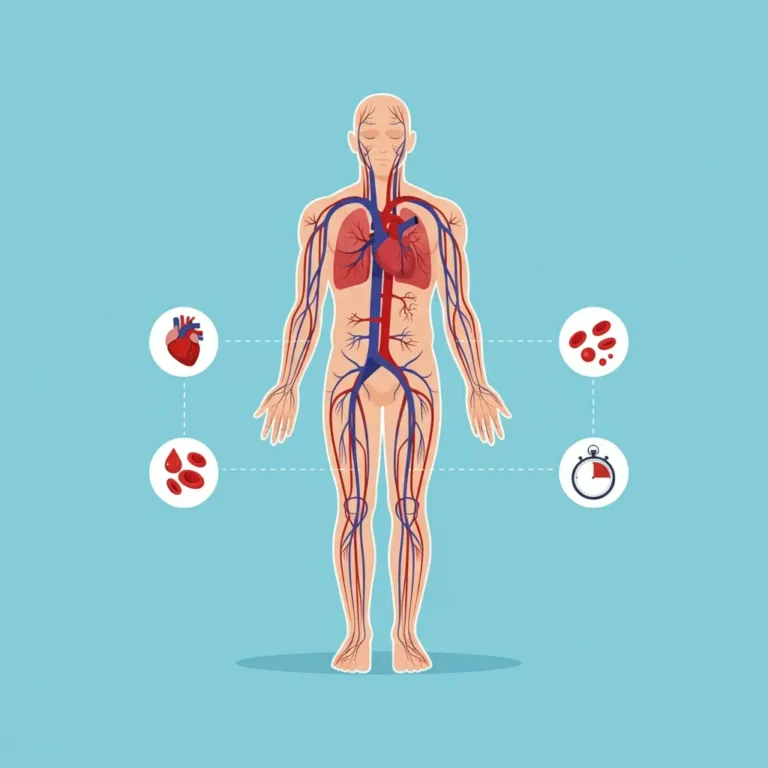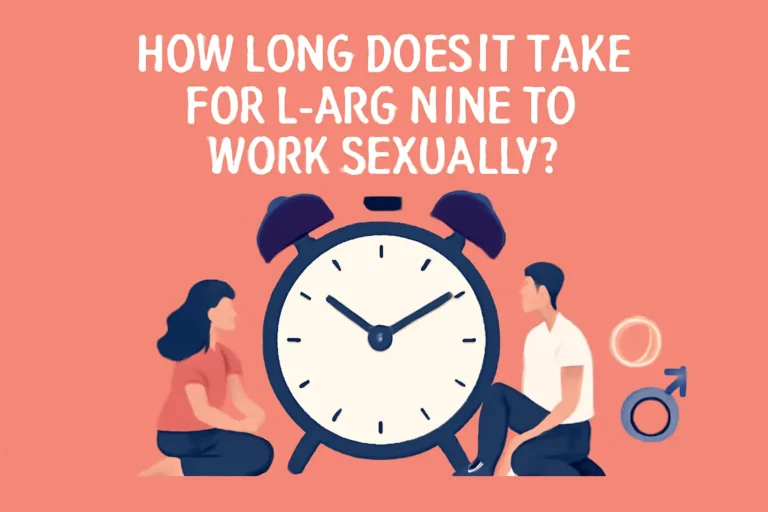How Long Does It Take To Recover From Low Potassium
Low potassium, or hypokalemia, can significantly impact your body and overall health. Recovering from this condition isn’t just about replenishing potassium levels; it also depends on identifying the underlying causes and addressing any complications it might have caused. If you’re dealing with low potassium or are curious about recovery timelines, this comprehensive guide will answer your questions and provide you with actionable insights.
Table of Contents
What Is Low Potassium (Hypokalemia)?
Potassium is an essential mineral and electrolyte that plays a critical role in nerve and muscle function, including keeping your heart muscles healthy. When potassium levels drop below normal (less than 3.6 mmol/L), you have a condition known as hypokalemia.
Though mild cases might not produce symptoms, severe hypokalemia can lead to muscle weakness, fatigue, irregular heart rhythms, and other complications that require immediate medical attention.
Why Is Potassium Important for Your Body?
Potassium helps maintain proper cell and nerve function. It facilitates communication between nerves and muscles, supports normal heart rhythms, and helps regulate fluid balance in your body. Without enough potassium, your body may struggle to perform these vital tasks efficiently.
Common Causes of Low Potassium
There are several reasons your potassium levels may drop, including:
- Poor diet lacking potassium-rich foods
- Excessive fluid loss through vomiting, diarrhoea, or sweating
- Kidney dysfunction or other urinary issues
- Medications, such as diuretics or laxatives
- Chronic health conditions like diabetes or hormone imbalances
Identifying the cause is critical for adequate recovery and preventing recurrence.
Symptoms of Low Potassium Levels
The symptoms often depend on how low your potassium levels are. Common signs include:
- Muscle weakness or cramping
- Fatigue or lack of energy
- Heart palpitations
- Constipation
- Tingling or numbness
- Abnormal heart rhythms, particularly in severe cases
If you experience any of these symptoms, consult a healthcare professional immediately.
How Is Low Potassium Diagnosed?
Doctors diagnose it through blood tests that measure the concentration of potassium in your bloodstream. Other tests might look at kidney function or underlying conditions contributing to the imbalance.
Initial Steps in Treating Low Potassium
Treatment typically begins with identifying and addressing the underlying cause. For example, if medication is the culprit, your doctor may adjust your dosage or recommend an alternative. Immediate interventions may include potassium-rich foods, oral supplements, or even intravenous potassium for severe cases.
Factors Influencing Recovery Time
The time it takes to recover from low potassium depends on several factors:
- Baseline potassium levels at the outset
- Severity of symptoms
- Underlying causes (such as kidney issues or medication side effects)
- Treatment approach, including diet, supplements, or intravenous therapy
- Your overall health status
Recovery can span a few days to several weeks based on these factors.
Dietary Changes to Support Recovery
Your diet plays a massive role in maintaining or restoring potassium levels. Some potassium-rich foods include:
- Bananas
- Oranges and citrus fruits
- Spinach and leafy greens
- Potatoes (with skin)
- Beans and lentils
- Avocado
Including these foods in your meals can make a notable difference during recovery.
The Role of Potassium Supplements
Potassium supplements may be prescribed if dietary changes are insufficient. Supplements are often used under medical supervision to ensure safe and effective usage and avoid overcorrection, which can lead to high potassium levels (hyperkalemia).
Preventing a Recurrence of Low Potassium
Preventing future episodes involves combining lifestyle adjustments with medical follow-ups. These approaches can help:
- Regularly consuming potassium-rich foods
- Staying hydrated
- Avoiding excessive use of diuretics or laxatives
- Managing chronic conditions effectively
How Long Does It Take to Recover from Mild Low Potassium?
For mild cases, recovery can take as little as a few days with proper dietary adjustments and supplementation, if required. The key is consistent intake of potassium-rich foods and staying hydrated.
Recovery from Severe Hypokalemia
Severe conditions take longer to resolve and often require more intensive medical interventions, such as IV potassium, monitoring in a hospital setting, or addressing any complications. Recovery for severe cases may take several weeks, depending on individual circumstances.
When Should You See a Doctor?
You should see a doctor immediately if you experience:
- Severe muscle weakness
- Heart palpitations
- Constipation not resolved by dietary changes
- Persistent fatigue
Early intervention ensures quicker recovery and reduces complications.
Monitoring Potassium Levels During Recovery
During recovery, it’s crucial to monitor your potassium levels regularly, especially if you’re prone to fluctuations or are managing an ongoing health condition. Blood tests will guide your doctor in determining the right course of treatment.
FAQs About Low Potassium Recovery
Can I recover from low potassium naturally without supplements?
Yes, mild cases can often be managed through a potassium-rich diet, but it’s essential to consult a healthcare provider for personalized guidance.
How long does it take to feel better after starting treatment?
Most people start feeling better within days, but full recovery may take longer, depending on the severity of the deficiency.
Can low potassium cause long-term damage?
If treated promptly, most cases of low potassium do not result in long-term damage. Severe, untreated cases, however, can lead to complications like heart issues.
What foods should I avoid during recovery?
Limit high-sodium foods, as excessive sodium can disrupt potassium balance. Avoid processed and junk foods.
Are certain people more prone to low potassium?
Yes, people taking diuretics, those with gastrointestinal issues or kidney problems, and individuals with eating disorders are at higher risk.
Can exercise cause low potassium levels?
Intense exercise can lead to low potassium due to excessive sweating. Stay hydrated and consider a balanced diet to counteract losses.
What should I do if my potassium levels are low despite a healthy diet?
Talk to your doctor to identify any underlying causes, which may include absorption issues or medication use.
By taking the proper steps, you can recover from low potassium and maintain better health in the future. Always consult your healthcare provider for personalized recommendations.







